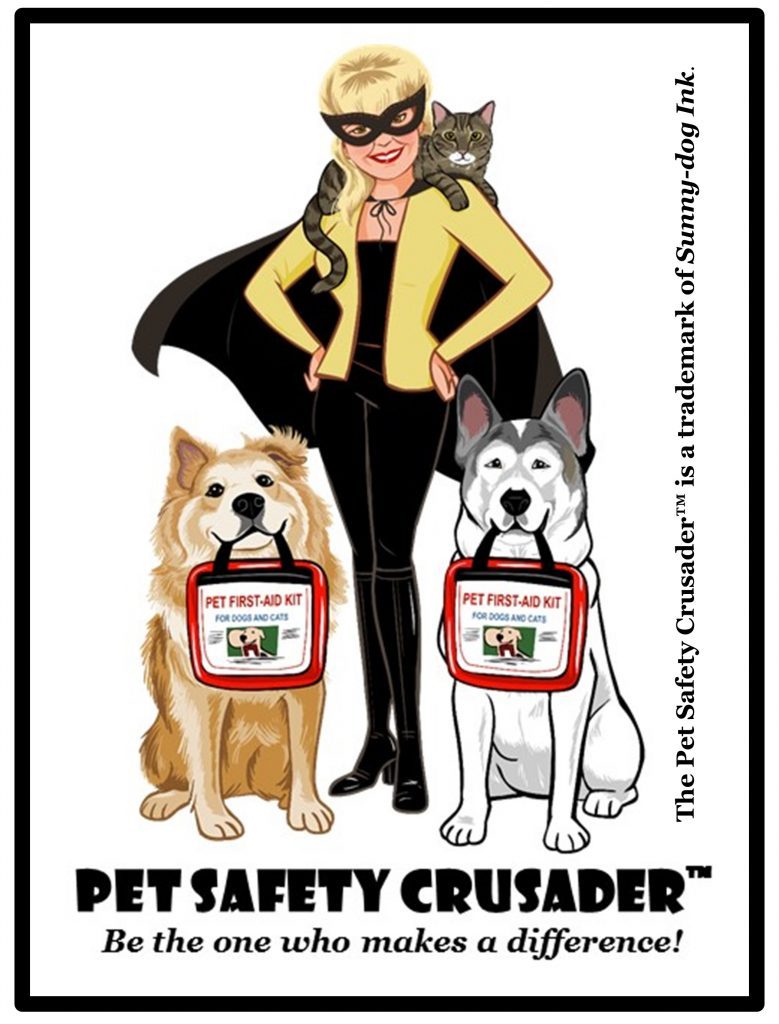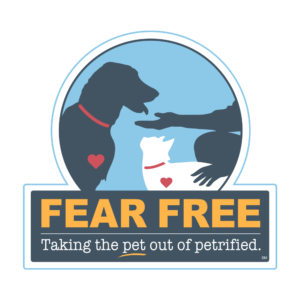We’ve all been there. One day Fido is feeling 100 % and the next, he has an upset tummy. Understanding common digestive problems in dogs will help you know if Fido’s upset tummy is an emergency.
Pancreatitis
What is pancreatitis?
It is a digestive disease that occurs when the pancreas, located right side of the abdomen adjacent to the stomach, becomes inflamed. The enzymes that the pancreas creates to aid in the digestion of food start to overflow into the abdomen. Once in the enzymes reach the abdomen, the body begins to digest itself leading to kidney, liver, and damage to other organs. Pancreatitis is a medical emergency and can result in death if not treated properly!
What are the symptoms?
Commonly, most dogs will present symptoms that include nausea, vomiting, fever, lethargy, abdominal pain, diarrhea, increased heart rate, difficulty breathing, and a decreased appetite. You may see your dog place their hind end in the air while their front legs and head are low to the ground. Some dogs with severe cases may have bouts of severe depression, go into acute shock, or even die.
How is it caused?
Although the exact cause of pancreatitis is not known, a meal high in fat is often thought to be the culprit. Since a dog’s digestive tract is not used to high-fat meals, it is best to not give Fido table scraps of human food like beef, bacon, or chicken skin. Often times, Pancreatitis can present spontaneously without any reason or be the result of high doses or corticosteroids.
How is it diagnosed?
After an exam, your vet will draw blood to check your pet’s white blood cell count, organ function, and to see if their enzyme levels are normal. Since a dog with pancreatitis may have normal enzyme levels, your vet will also run a Snap cPL test that detects elevated lipase levels in your dog’s blood. X-rays may also be taken to see if there has been any damage to the pancreas. In some cases, an ultrasound may be needed to chek for inflammation and infection.
How is it treated?
Your dog will be hospitalized in most cases for 2-4 days for treatment. IV fluids will be given to keep your pet hydrated and to keep your pet’s electrolytes balanced. Pain medications will be administered to help wth the intense pain the disease causes. Antibiotics will be given if an infection is suspected. Anti-inflammatory medications along with anti-nausea & vomiting medications will be administered. Food will be slowly reintroduced as your pet begins to feel better. Once discharged, your pet will be sent home a low fat easy to digest prescription diet to help prevent recurring bouts of the disease.
Colitis
What is colitis?
Colitis is inflammation of the colon or large intestine. Colitis happens when the final part of the digestive process in disrupted because the lining of the colon is irritated and inflamed.
What are the symptoms?
Most dogs will have small frequent bowel movements often described as soft. Many dogs will strain to defecate or have loose watery stools sometimes accompanied by mucous or blood. a frequent urge to defecate is common along with passing gas. Vomiting and weight loss may also occur but are rare. Often times the area surrounding the anus is inflamed or red from straining.
How is it caused?
Colitis has symptoms that suddenly appear such as diarrhea and may resolve on its own after a few days. Your pet may appear normal other than having diarrhea. Colitis is caused by a change in diet, stress, parasites, ingesting toxins or foreign objects, or bacterial overgrowth in the colon.
How is it diagnosed?
Your veterinarian will perform a complete exam and obtain your pet’s medical history. A fecal test will be done to examine the feces for parasites and bacteria. Blood will be drawn to check your pet’s red & white blood cells and organ function. X-rays may be taken to locate any abnormalities within the intestines.
How is it treated?
Treatment of colitis often depends on the underlying condition that is causing the symptoms. If a specific cause of the colitis cannot be found, your vet will recommend withholding food for 24-48 hours and placing your pet on a low residue, high fiber diet. Your pet may be placed on an antimicrobial medication such as Flagyl for any overgrowth of bacteria.
These common digestive problems in dogs require medical treatment. If your dog is having diarrhea or exhibiting any of the symptoms mentioned above call your veterinarian for an appointment.
Written by Julie Gajewski. Julie has been pet sitting and working in the veterinary industry as both a Veterinary Technician and veterinary hospital administrator since 1997. She founded her pet sitting company, Fuzzy Friends Pet Care, at the young age of 16. She was nominated as one of Pet Sitters International’s Top 5 Pet Sitters in 2016 and is a Certified Professional Pet Sitter through Pet Sitters International. She is a pet business consultant and a guest blog writer for pet sitters across the world. She lives in Florida with her husband and furry children, 2 Pugs and 4 cats.



















Speak Your Mind